It is a rare insight into the shadowy world of the Russian economy: Yuri Chikhanchin, head of Russia’s financial regulator, has revealed to President Vladimir Putin how Russian companies have been maneuvering their way through the Western sanctions network for over three years – with an arsenal of alternatives ranging from gold to cryptocurrencies.
According to minutes of the meeting in the Kremlin, Russian companies are relying on a range of “creative methods” to keep their businesses running despite Western punitive measures. These include not only classic workarounds such as barter, but increasingly modern and technically sophisticated ways of circumventing sanctions.
Particularly striking is the increasing use of gold and cryptocurrencies as means of payment in foreign trade. Ruble payments are also gaining in importance, while transactions in US dollars, euros, or pounds have “declined significantly,” according to Chichantchin. The aim is to bypass Western-dominated payment channels.
“Netting”: Russia calculates against
A central element of the circumvention strategy is so-called “netting” agreements. These involve export and import claims being settled directly between companies – often via central offices at Russian banks. This avoids cross-border money flows that would normally be blocked by sanctions. In other words, Russia exports goods A, imports goods B – and settles internally instead of making international transfers.
Chichantchin spoke of “active use” of these clearing operations. He said the West had little access to them because no international payment systems such as SWIFT were involved.
New economic axes in the East
Another important aspect is that Russia is increasingly shifting its payment transactions to the Middle East, Southeast Asia, and Central Asia. According to Chichantchin, payments to and from Russian companies are made via alternative networks, including a fast payment system initiated by Moscow that is mainly used within the CIS states, i.e., the former Soviet republics. Russia is thus building up its own payment infrastructure that is virtually impossible for the West to control.
Economy under pressure
As clever as many of these circumvention tactics may be, they cannot hide the fact that Russia’s economy is under pressure. Although the country has so far proved surprisingly resilient, current figures point to a slowdown.
US financial services provider S&P Global reported a sharp decline in Russian industrial production in June. Warning signs are also coming from Moscow itself: Economy Minister Maxim Reshetnikov recently stated that Russia was “on the brink of recession.”
According to official figures, gross domestic product (GDP) grew by only 1.4 percent in the first quarter of 2024, down from 4.5 percent in the last quarter of 2023. Growth for 2024 as a whole was 4.3 percent. The trend is clearly downward.
Credit:APA
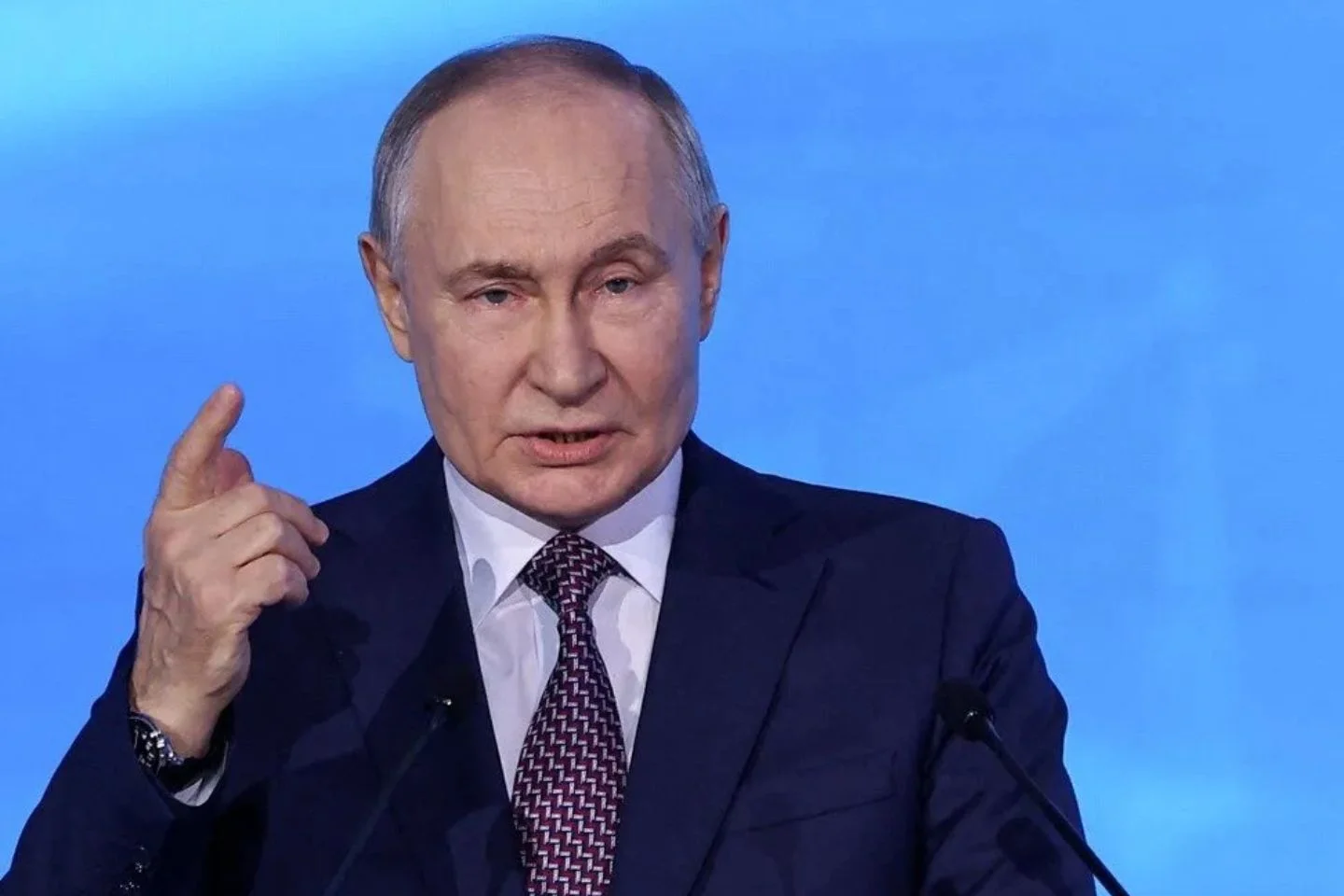
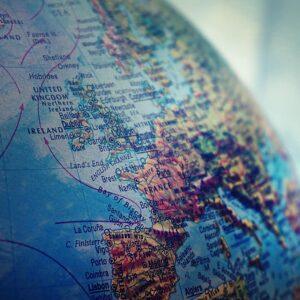





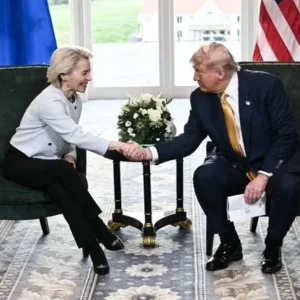

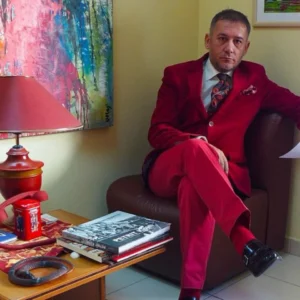

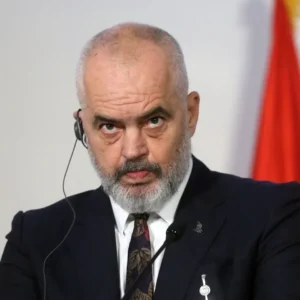


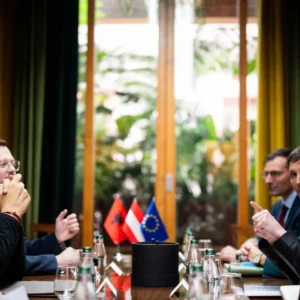
Recent Comments